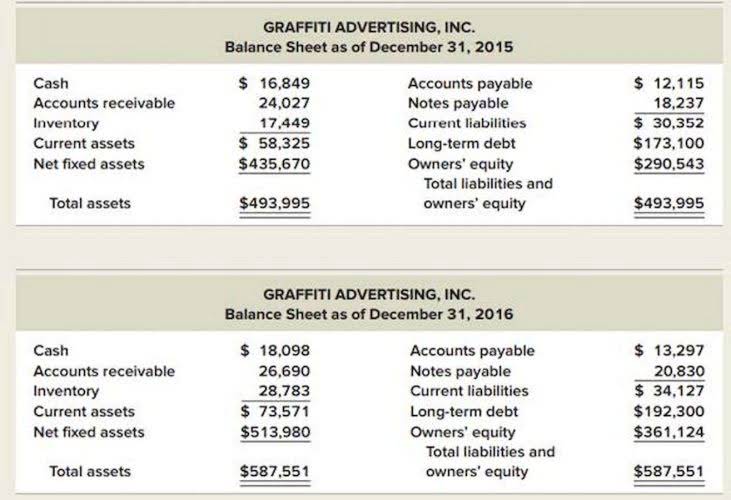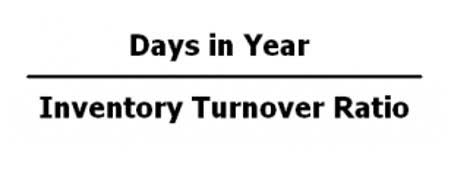The third level can be used as a pathway to achieving professional AAT bookkeeping member (AATQB) status. There are also differences between accountants’ and bookkeepers’ certifications. I hope I’ve helped with the definitions and explanations, and that this makes your decision a little easier if you’re http://www.zolotoyus-info.ru/medinform/altmedical_348.html at the start of your career in finance and accountancy. Accountants are largely responsible for the financial health of a business. If they notice expenses are going over budget or under budget, they can look into what’s causing this discrepancy and make recommendations to resolve these problems.
They can also walk you through a few financial decisions to recommend new ways of approaching a situation. Bookkeeping is the discipline of collecting, organizing, and maintaining financial records and transactions. A bookkeeper is responsible https://chinanewsapp.com/garden-pond-planning.html for setting up an entire infrastructure for the financial records of a business’ operations. The complexity of a bookkeeping system often depends on the size of the business and the number of transactions completed daily, weekly, and monthly.
Bookkeeping and Accounting Similarities
FreshBooks is a great option for small service-based businesses and freelancers who prioritize mobile app usage and customizable invoicing. It offers basic bookkeeping features such as expense tracking, project management, and time tracking. Accountants and bookkeepers provide similar services, but accountants can also provide financial advice where bookkeeps can’t.
Some of them can produce financial documentation solutions that far surpass those you’d get from a typical accountant. While an accountant can fulfill several roles, every business may have unique requirements. Hence, it’s best to inquire about an accountant’s skill set before hiring them. The AAT (Association of Accounting Technicians) also offers three short bookkeeping qualifications (levels).
There’s a proposed global system of carbon accounting
Accountants on the other hand will typically hold a university bachelor’s degree in accounting/finance or a qualification from the Association of Accounting Technicians (AAT). In a nutshell, bookkeeping is more transactional and is about recording the day-to-day finances of a business. Whilst they are both https://gorodoktoys.ru/2019/11/08/skotch-dlia-zakleiki-okon-na-zimy-pravila-vybora-i-instrykciia-po-ytepleniu-okon/ important when it comes to managing your business’s finances there are some key differences between the two. With the help of an accountant, you may be able to identify and navigate tasks including strategic tax planning, acquiring assets, calculating growth, and analyzing investment opportunities.
- Sage Accounting Start is an entry-level accounting software ideal for self-employed and micro-businesses.
- For overall financial health and strategic planning, an understanding of both bookkeeping and accounting is essential.
- When it comes to the ledger specifically, your accountant might determine the accounting method (cash or accrual), then periodically adjust entries to update an account per the chosen method.
- That being said, it elevates one’s chance of being employed if further education is pursued.
- They are also responsible for ensuring that the business is compliant with all relevant regulations and laws.
- If you’re looking to get a handle on the day-to-day finances of your business, look for an experienced bookkeeper.
Accountants may also get professional certifications like a Certified Public Accountant (CPA) for additional credibility and experience. An accountant works closely with the business owner or decision-maker to adjust budgets, file taxes, and strategize for financial success. Accounting provides you with the tools you need to create a comprehensive financial plan that aligns with your business objectives. From budgeting to cash flow management, accounting can help you make informed decisions that will keep your business on track.
Bookkeeping and accounting are both important
It maintains records of business transactions in such a way that on any subsequent day, one can understand the nature and effect of each transaction and the overall effect of the business activity. Bookkeeping refers to recording business transactions in a stipulated manner and classifying these transactions with a stipulated set of procedures. On the other hand, Accounting is all about designing a system of records and preparing reports, taking the recorded data as a base. Further, it involves the interpretation and communication of these reports. The most accepted definition of an audit is given as an evaluation of a personal organization, process, system, or business. The term is most ordinarily used with respect to audits in accounting, and sometimes in project management, legal departments, and financial management also.
- Accountancy starts where bookkeeping ends while auditing is performed after accountancy is complete.
- While there are certain similarities and overlaps between the two, there are distinctions that set these two roles apart.
- While the companies do not publish salaries on their websites, the benefits can be a large draw.
- Both functions are intertwined, with the outcomes of each impacting the other.
- Both deal with a business’s finances but as mentioned above their are multiple differences.
Forensic accounting combines auditing, accounting, and investigative skills to evaluate a businesses finances and determine any instances of fraud. If you’re searching for accounting software that’s user-friendly, full of smart features, and scales with your business, Quickbooks is a great option. The overall best bookkeeping software includes Zoho Books, FreshBooks, Xero, and Intuit QuickBooks. Accountants are more specialized, so not every company has an in-house accountant. You can use a firm or work with accounting software for your business needs.













